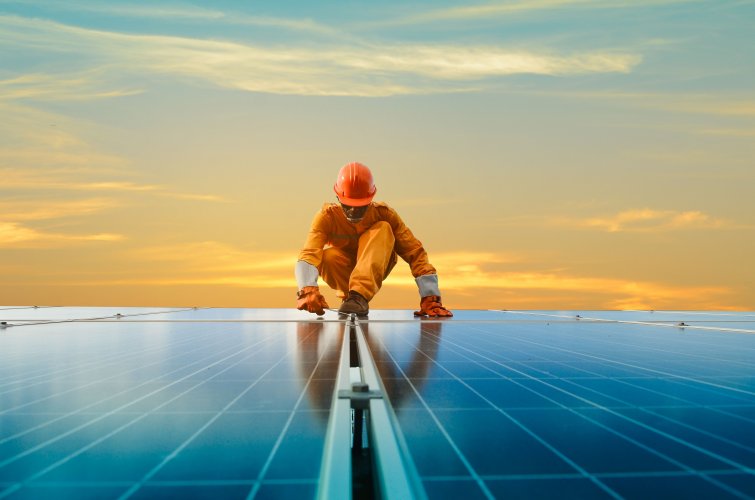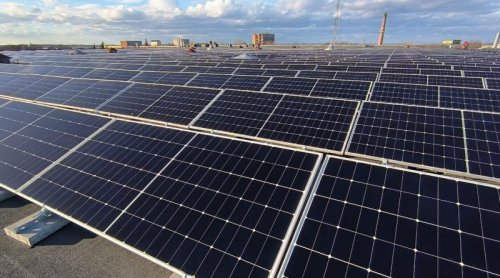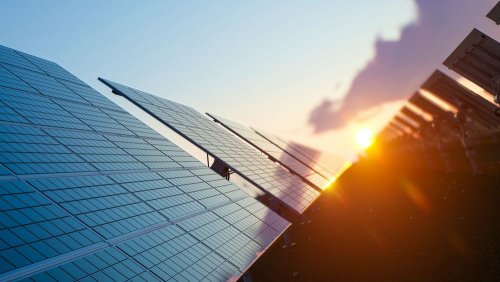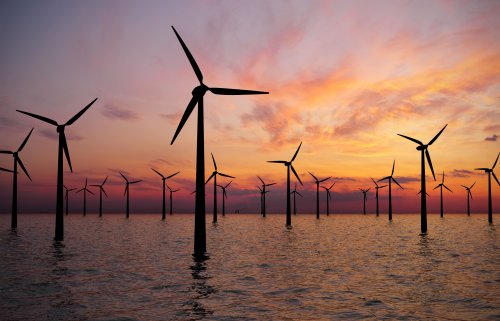In France, France PV Industrie has launched the production of high-efficiency new generation solar panels using traditional silicon and a new material called perovskite.
A pilot production capacity of 200 MW is planned to be launched in 2025, Energy Voice reports.
The article explains that the tandem blocks will combine the durability of current-generation silicon-based blocks with a completely new technology. The company has so far raised €9.3 million in public funds to finance the project.
It is noted that the plant's capacity is planned to be increased to 1 GW in 2027 and 5 GW by 2030. The company currently operates two production lines with a capacity of 250 MW at its plant in Dinsheim-sur-Brüche.
The company explained that France PV Industrie will help produce more efficient solar panels locally in France.
"This is a technological revolution that not only allows us to achieve 30% efficiency at the level of photovoltaic modules compared to the best efficiency currently achieved by traditional technologies (23% or so), but also reduces the consumption of energy and materials required for production, and uses recycled materials," said IPVF Managing Director Roch Drozdowski-Strel.
The cost of the pilot line reached 15 million euros, and the demonstration line will require 50 million euros of financing. Achieving the 5 GW target by 2030 is expected to cost around €1 billion.
The material added that the technology had been developed for about 9 years. It has now reached a sufficient level of maturity to begin its large-scale industrialization.
France plans to increase solar capacity to 48 GW by 2030 and 140 GW by 2050.
As EcoPolitic reported earlier, in China, the China Three Gorges Corporation (CTG) launched the world's first solar power plant in which the perovskite mineral is used instead of silicon.





